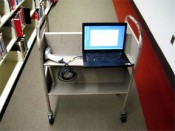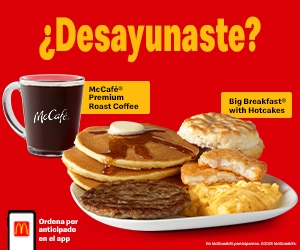 Protecting your identity is important and with free Wi-Fi nearly everywhere, many consumers don’t realize the danger that comes with its use. Better Business Bureau (BBB) urges consumers to think ahead before surfing the Web on a Wi-Fi hotspot.
Protecting your identity is important and with free Wi-Fi nearly everywhere, many consumers don’t realize the danger that comes with its use. Better Business Bureau (BBB) urges consumers to think ahead before surfing the Web on a Wi-Fi hotspot.
According to a recent poll conducted by Wakefield Research and Wi-Fi Alliance, 32 percent of respondents said they have tried to get on a Wi-Fi network that was not their own, a startling 18 percent more than a December 2008 poll. The BBB urges consumers to protect themselves from becoming victims by securing their Internet surfing; in order to confirm that an Internet connection is secure, the BBB advises consumers:
- Make sure the connection is protected by a unique password. If a Wi-Fi hotspot doesn’t ask for a password, the Internet connection is not secure. If a hotspot asks for a password just to grant access, consumers should proceed as if the connection were unsecured. Only trust home and work internet connections that are protected by a customized user password. Wi-Fi hotspot connections with generic passwords are vulnerable to hackers.
- Transmitted information should be encrypted. When sending personal information like addresses, credit card numbers and Social Security numbers over the Internet, make sure the website is fully encrypted and the network is secure. Look for https (the “s” stands for secure) at the beginning of the URL address to confirm its security.
- Don’t stay permanently logged-in to wireless hotspots. Never leave your Internet connection running while your computer is unattended and make sure to log-off after every use.
- Change your passwords frequently. When creating new accounts, make sure you use different passwords. Do not use the same password for different sites. If one password is hacked, the chances of other accounts being hacked becomes greater with repeated passwords.
For more information on security scams and to learn more about protecting your privacy online, visit www.bbb.org.









